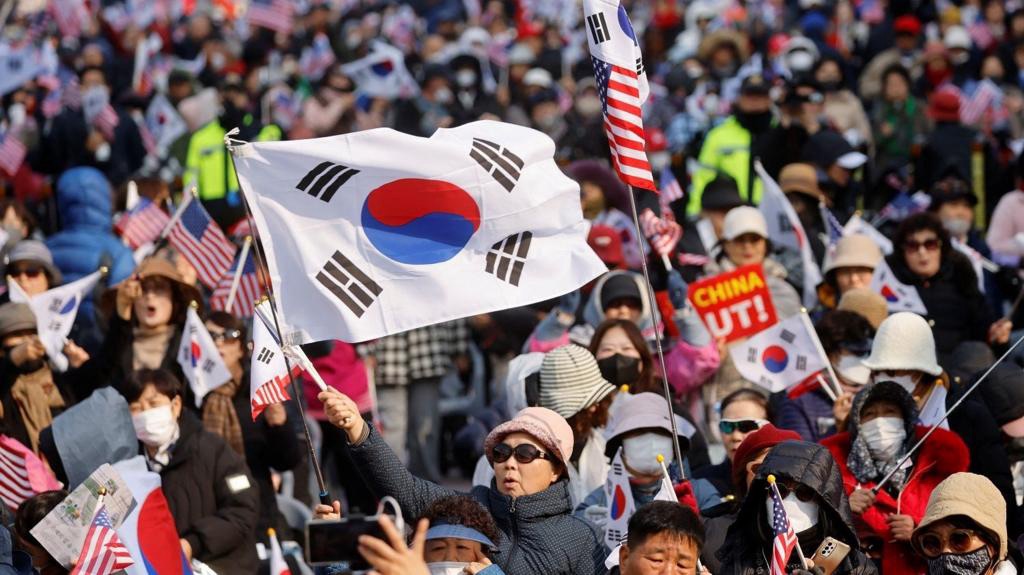South Korea was gripped by a wave of mixed emotions as the nation’s Constitutional Court upheld the impeachment of President [Name], officially removing them from office. The decision, which marks a historic moment in the country’s democratic journey, followed weeks of political drama, mass protests, and deepening divisions among the public.
The court’s ruling came after a corruption scandal involving the president and close aides sparked widespread outrage. Millions had taken to the streets in candlelight protests demanding accountability and justice. For many, the removal of the president represents a victory for democracy and the power of civic activism, leading to scenes of jubilation in parts of Seoul and other major cities.
However, the mood was not unanimous. Supporters of the ousted president expressed anger and heartbreak, staging counter-protests and accusing the court of yielding to political pressure. Some fear the decision could set a dangerous precedent and deepen the country’s political polarization.
With the presidency now vacant, South Korea prepares for snap elections within 60 days. Political analysts say the transition period will be critical for maintaining stability, rebuilding public trust, and addressing the nation’s pressing economic and security challenges.





